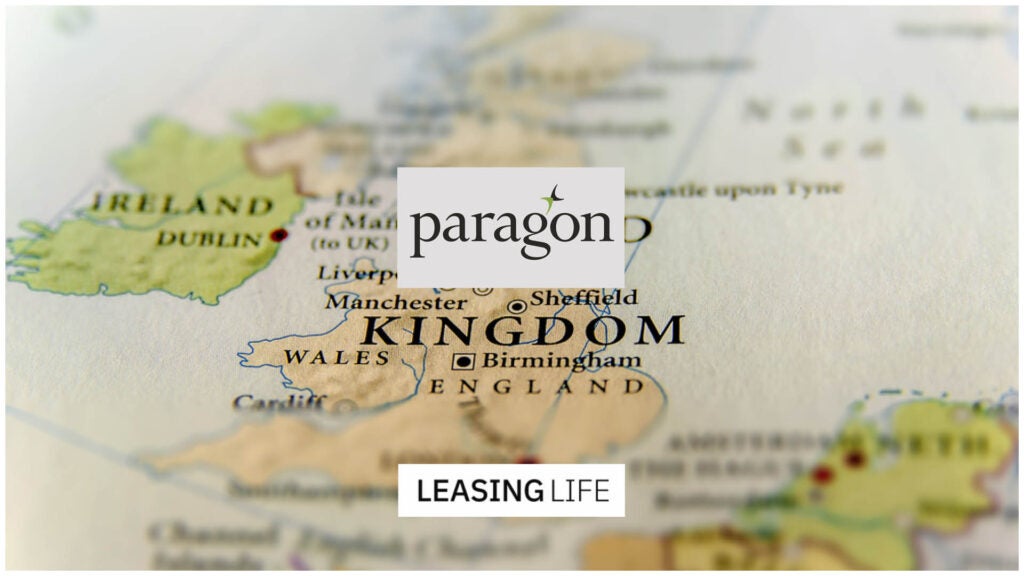Jason T Hesse finds
companies, currently dealing with a flood of customer insolvencies,
may benefit from updating their asset recovery
process
Recent data from the Insolvency
Service shows that nearly 5,000 companies went into liquidation in
the first quarter in the UK, a jump of 56 percent from the same
period last year, and a 7.1 percent rise on the fourth quarter of
2008.
With one in every 130 active companies going
into liquidation in the last 12 months, Pat Boyden at
PricewaterhouseCoopers Business Recovery Services said he believes
the trend will continue.
“In the recession of the 1990s, bankruptcies
continued to increase for nearly three years after the worst had
passed. If that is the case this time, we may be seeing record
figures every quarter until 2012,” Boyden said.
This could spell a troublesome few years for
the leasing industry, which is already seeing higher and higher
default rates on leases every month.
How well do you really know your competitors?
Access the most comprehensive Company Profiles on the market, powered by GlobalData. Save hours of research. Gain competitive edge.

Thank you!
Your download email will arrive shortly
Not ready to buy yet? Download a free sample
We are confident about the unique quality of our Company Profiles. However, we want you to make the most beneficial decision for your business, so we offer a free sample that you can download by submitting the below form
By GlobalDataOne result is that lessors are looking more
closely at how they can improve their collections and recovery
processes, including the use of external agencies.
But what are the benefits of using outside
help?
To outsource or not to
outsource
John Ingram, managing director of
Burlington Credit, an asset recovery specialist, believes that
external agencies are simply cheaper to use than setting up and
running your own collections and recovery department.
“The infrastructure needed is fairly large and
expensive to run,” Ingram says. “Why should a finance company need
to set up and pay for an entire department when there is the option
not to?”
The cost of using external agencies is not
necessarily high, either. Burlington currently charges £250 (€285)
plus VAT for the return of a simple item, such as a car or a light
commercial vehicle, £500 for bigger assets, and more for
fixed-assets requiring specialist removal equipment.
To meet clients’ needs, Burlington runs 30
teams of field operatives across the UK that are ready to jump to
work at a moment’s notice.
“The other thing is that when you outsource it
and pass it on an external specialist party, the customer tends to
respond with a lot more urgency – a letter from a debt collection
agency has much more effect,” Ingram added.
Steve De Mott, director of asset risk
recoveries at Bank of Scotland, where collections and recoveries
are kept in-house, firmly disagrees, however.
“It is very difficult for an outsourcing
agent, who primarily is a man with a phone and a fancy computer
system, to get the job done,” De Mott insisted. “This kind of
set-up simply doesn’t lend itself to the complexities of
leasing.”
But Close Credit Management (CCM), another
provider of credit management and collections solutions, believes
external agencies can do the job just as well, if not better.
Understanding clients’
needs
Before even starting work, CCM
insists on gaining a full understanding of every client’s
needs.
“We want to understand the real job that needs
to be done, so there is always an initial discovery activity where
we sit down and get the process mapped out and then try to
determine how we can move in that direction,” explained Martin
Smith, risk and compliance director at CCM.
Additionally, he believes that few businesses
would have in-house the full range of activities that external
agencies can offer.
“It is a very expensive and difficult thing to
set up properly,” Smith said.
And there is the added advantage that if a
lessor has no collections work to pass on to an agency, its
outsourcing costs fall to zero – whereas for companies with an
in-house team, regular costs have to be met regardless of activity
level.
Although he declined to name clients, Smith
said CCM works with a range of finance companies, both large and
small, offering both partial and end-to-end outsourcing services.
The company can also supplement lessors’ own resources through an
add-on service.
“Clients shouldn’t need to have to use
multiple outsourcing partners, as inevitably the passing of cases
back and forth will create delays,” Smith said.
“We try to offer a holistic approach, where we
can deal with cases from pre-due through to early arrears, right
through all the subsequent stages.”
Burlington Credit, too, aims to understand
clients’ needs fully before proceeding. To gain a full
understanding, Burlington specialises in vehicle recovery rather
than spreading itself too thinly. Among others, it currently counts
on its clients list lessors including Northridge and NIIB, General
Capital, Duncton, and Advantage Finance.
Once a recovery has been made, external
agencies can either return the asset to the lessor, or send it
straight to a designated auction house to be sold.
All sectors are
affected
Motor vehicles have of course been
one of the higher-profile asset sectors in which default rates have
grown exponentially, although Bank of Scotland’s De Mott added that
in reality all sectors have been affected.
“There’s been a comprehensive spread in
defaults across a variety of markets; all markets are suffering,”
he said, although he added that the marine market and construction
had also been hit particularly hard.
Ingram from Burlington Credit agreed.
“Many self-employed and sole traders have
suffered, with particularly higher rates of default in the property
and construction markets, as well as the agricultural market,” he
said.
Comment
The key to the collections and
recovery process is, of course, opening a dialogue with your
customers before even reaching those final stages. Lessors need to
actively monitor their accounts receivables in order to anticipate
customers’ payment problems. This is what can save lessors both
money and resources, as well as keep customers happy in the long
term.






